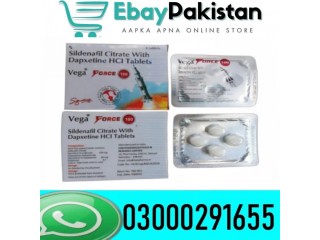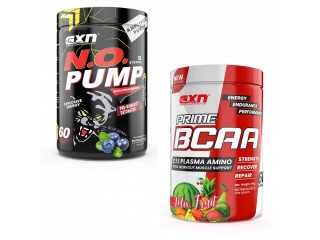Medical gloves in the era of coronavirus disease 2019 pandemic Private
3 years ago - Fashion, Home & Garden - Bārāsat - 228 viewsThe current coronavirus 2019 disease (COVID-19) pandemic has greatly changed our perspective of the risk for infection from contact, and the use of personal protective devices (PPDs) usually reserved for health care workers (HCWs) has spread to the general population, sometimes indiscriminately. As a result, medical glove stock has been depleted, but most of all medical gloves have become a source of medical concern.[1], [2], [3], [4]
There are many different types of gloves, depending on the level of protection, tactility, risk of allergy, or cost (Table 2 ). Although biohazard risk requires frequent glove changing, the extended use of gloves, decontamination with hand disinfectants, and reuse are frequent.8 All of this should be avoided, because effects of hand sanitizers are tested on the skin, whereas application on gloved hands affects gloves’ mechanical properties. In a recent investigation,9 the application of 70% ethanol or 63% isopropanol commercial disinfectants reduced the tensile strength of latex and nitrile gloves, with a higher impact on nitrile gloves. Elongation did not change much with latex gloves, but nitrile gloves were affected. There are additional concerns about permeability, as alcohol can permeate any type of glove after 10 minutes. Some types of disposable gloves are permeated at 2 minutes, and repeated exposure to disinfectants can increase the permeability of the gloves. Alcohol is inactivated in the presence of organic matter, which can easily remain on used gloves, thus potentially driving the viral transmission.Medical gloves remain an essential part of the infection-control strategy; however, caring for patients with COVID-19 has pointed out the need for more accuracy and respect of novel guidance. Prolonged use of gloves, outside of direct patient contact, might be self-defeating rather than protective. Hand dermatitis is an emerging concern. At this time, the U.S. Food and Drug Administration has not cleared, approved, or authorized any medical gloves for specific protection against the virus that causes COVID-19 or prevention of COVID-19 infection.Glove performance also has an effect on safety, particularly in a surgical environment. Surgeons using plastic gloves with less-than-optimal frictional properties, for example, may be more likely to drop instruments, to slip when performing delicate procedures, or to increase their stress levels when attempting to compensate. Similarly, practitioners who cannot feel a pulse through gloves when taking blood will be more likely to remove the gloves and increase their risk of infection. A 1994 survey of health care workers11 found that a “perceived interference with technical skills” was a common obstacle to compliance with universal precautions. There is also a subjective element to the performance that must be considered, which is that practitioners’ comfort and confidence in their gloves may affect their concentration levels and therefore their ability to perform surgery over extended periods of time.To achieve this, semistructured interviews with medical practitioners were carried out. As well as gathering information on the participants’ roles, disciplines, and glove use, a series of open-ended questions were used to identify tasks believed by users to require the most dexterity and tactility, and those most affected by glove performance, as well as any other issues related to HDPE gloves that might aid the study. The interviews took place within Sheffield Teaching Hospitals NHS Foundation Trust (STH) and received ethical approval from the research ethics committees of STH and The University of Sheffield, UK.










